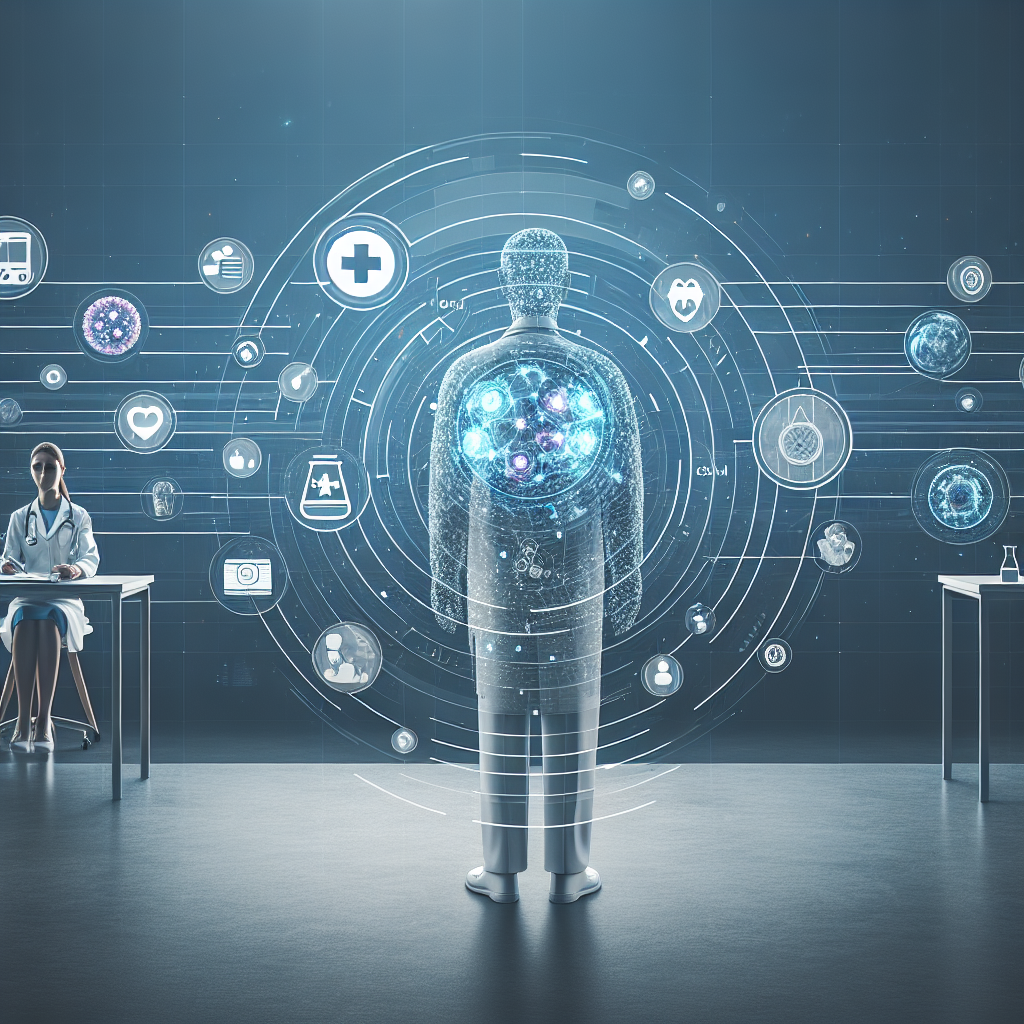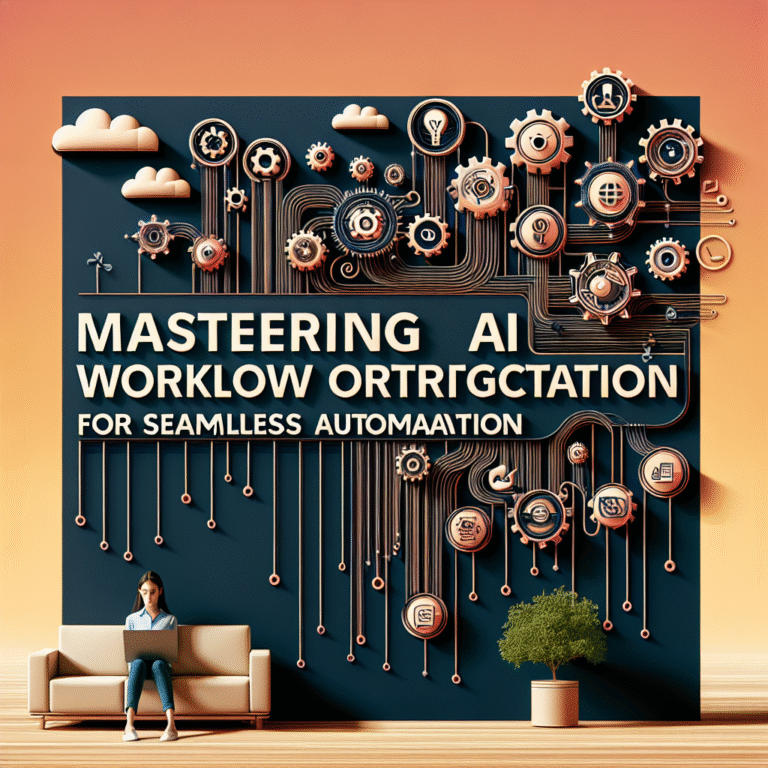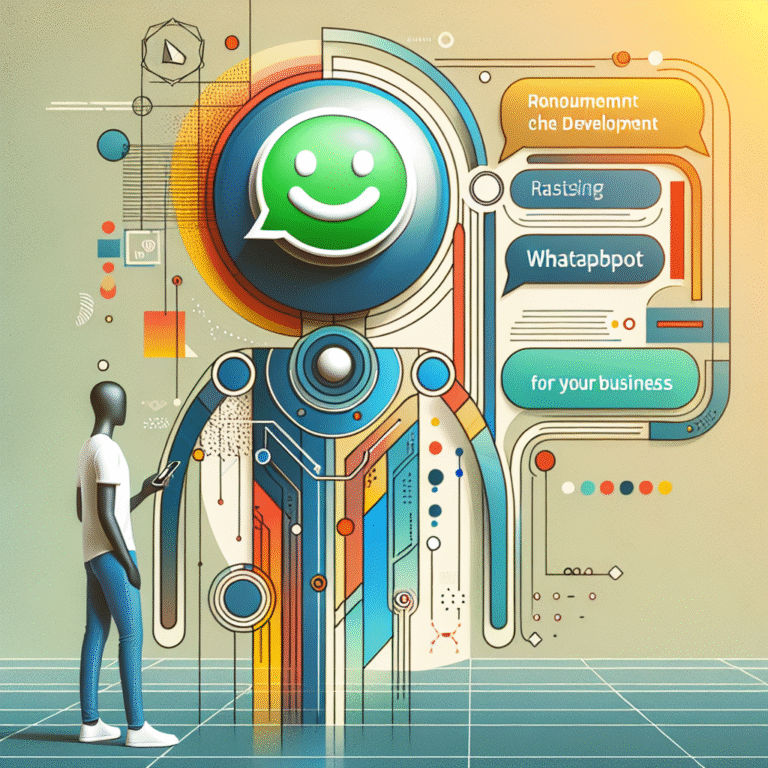Transforming Patient Care: The Role of AI in Healthcare
Introduction
Artificial Intelligence (AI) is rapidly transforming the landscape of healthcare, revolutionizing how patient care is delivered. As we approach 2025, the integration of AI technologies in medicine is becoming increasingly crucial in enhancing patient outcomes and streamlining healthcare processes.
With the advent of healthcare technology trends, AI is set to play a pivotal role in improving patient care, enabling healthcare professionals to make informed decisions based on accurate data analysis.
Current State of AI in Healthcare
Today, several AI technologies are already making significant impacts in healthcare settings. From predictive analytics in healthcare to AI applications in hospitals, these innovations are streamlining operations and improving patient management.
- AI in Diagnostic Imaging: AI algorithms are enhancing the accuracy of diagnostic imaging, allowing for earlier detection of diseases.
- Robotic Surgery Advancements: Surgical robots equipped with AI capabilities are assisting surgeons in performing complex procedures with precision.
- Healthcare Data Management: AI is improving the management of health data, ensuring that patient information is readily accessible and secure.
Future of AI in Healthcare 2025
As we look towards 2025, several predictions can be made regarding AI advancements in healthcare. The next few years are likely to see:
- Increased integration of AI-driven healthcare solutions in everyday medical practice.
- Greater reliance on machine learning in patient care for personalized treatment approaches.
- Enhanced telemedicine platforms that utilize AI to improve patient interactions.
The potential impact on patient outcomes is profound, with AI poised to enhance diagnostic accuracy and facilitate tailored treatment plans.
Benefits of AI in Patient Care
The benefits of AI in patient care are vast and multifaceted. Here are some key advantages:
- Enhanced Diagnostic Accuracy: AI systems can analyze complex medical data, leading to more accurate diagnoses and better patient outcomes.
- Improved Treatment Plans: By utilizing AI, healthcare professionals can create more personalized and effective treatment plans for their patients.
Challenges and Limitations
Despite its many benefits, the implementation of AI in healthcare does come with challenges and limitations:
- Data Privacy Concerns: The collection and usage of sensitive patient data raise significant privacy and security concerns.
- Resistance from Healthcare Professionals: There may be resistance to adopting AI technologies due to fears of job displacement or skepticism about their effectiveness.
Case Studies
Notable case studies have demonstrated the effectiveness of AI in healthcare:
- Case Study 1: A hospital that implemented AI-driven diagnostic tools observed a 30% improvement in diagnostic accuracy.
- Case Study 2: AI-assisted robotic surgery led to reduced recovery times and lower complication rates in patients.
These examples highlight both the potential and the practical benefits of integrating AI into healthcare.
AI and Patient Engagement
AI is also transforming patient engagement by improving communication and access to information:
- AI Chatbots: These tools help answer patient queries, schedule appointments, and provide treatment reminders.
- Personalized Health Apps: AI-powered applications empower patients to manage their health proactively.
Ethical Considerations
As AI continues to evolve, ethical considerations must be addressed:
- Addressing Bias in AI Algorithms: It is crucial to ensure that AI systems are trained on diverse data to prevent bias.
- Ensuring Equitable Access: Equitable access to AI technologies in healthcare needs to be prioritized to avoid disparities.
Conclusion
In conclusion, the potential of AI to transform patient care is immense. As we look forward to the future of AI in healthcare, it is essential to harness its capabilities responsibly and ethically to enhance patient outcomes and streamline healthcare processes. With the right implementation, AI can lead to a more efficient, effective, and equitable healthcare system.
FAQ
What is AI in healthcare?
AI in healthcare refers to the use of artificial intelligence technologies to improve patient care, streamline operations, and enhance diagnostic accuracy.
How will AI improve patient care in the future?
AI is expected to enhance diagnostic accuracy, personalize treatment plans, and improve patient engagement through advanced communication tools.
What are the risks associated with AI in medicine?
Risks include data privacy concerns, potential bias in AI algorithms, and resistance from healthcare professionals.
What are the benefits of AI in healthcare?
Benefits of AI include improved diagnostic accuracy, enhanced treatment plans, and better patient engagement technologies.
How can AI be integrated into existing healthcare systems?
Integration can be achieved through training healthcare professionals, investing in AI technologies, and ensuring data security protocols are in place.
What role does telemedicine play in AI applications?
Telemedicine, combined with AI, improves patient interactions and access to healthcare services, especially in remote areas.




